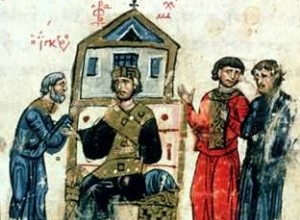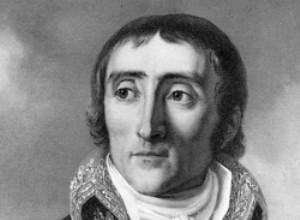With its capital built on the ancient city of Byzantium, the Byzantine Empire was the direct descendant of the Eastern Roman Empire . It lasted nearly a thousand years, until Constantinople was taken. by the Turks in 1453. After the fall of Rome in 476, a major break in Roman history, it is accepted




